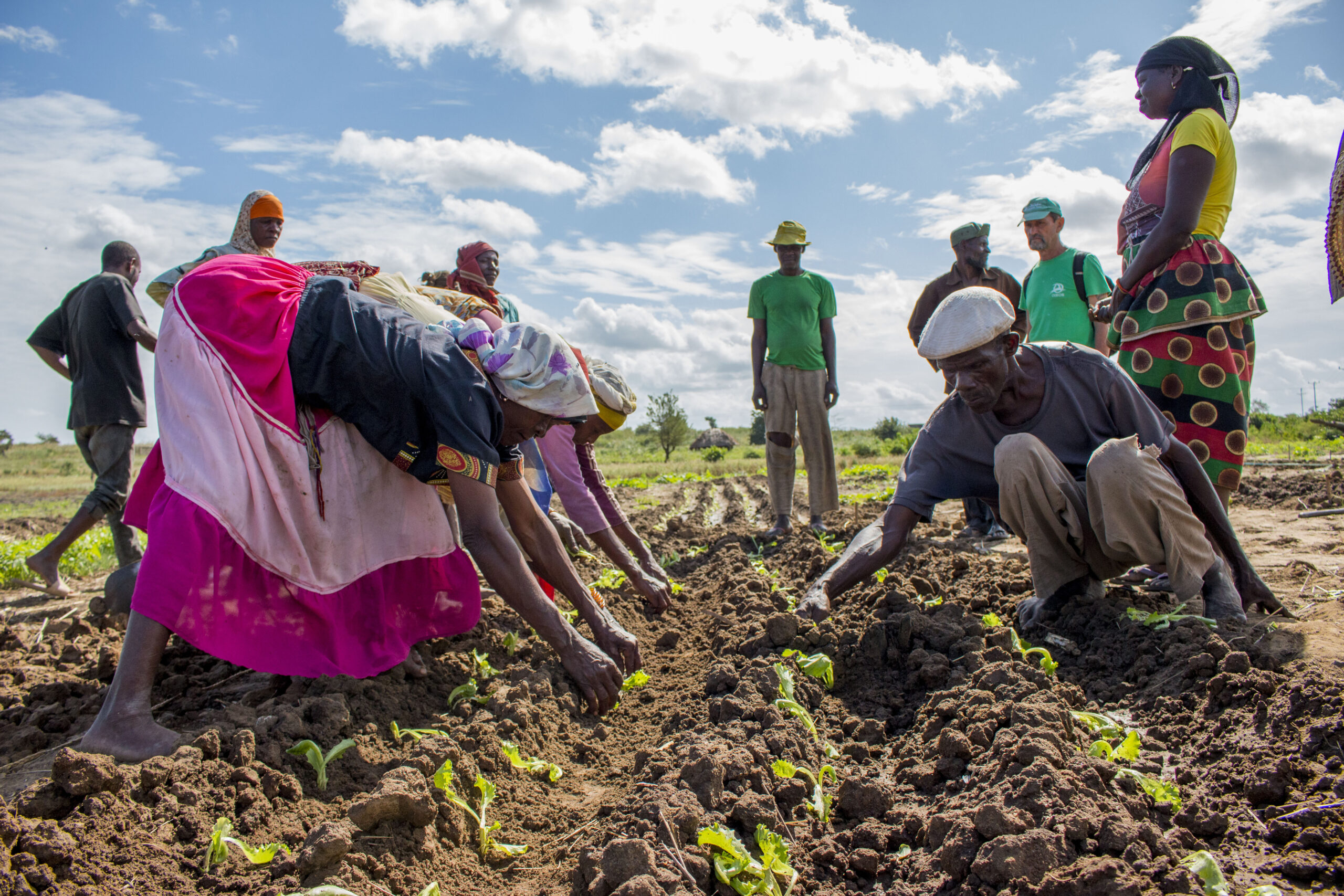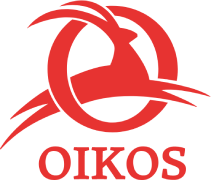ETHAKA
Agricultural production and sustainable consumption for climate resilience and for food and nutritional security

Country
Partner
Food security, fight against malnutrition and increase in salary in Northern Mozambique
In the Zambezia and Nampula Provinces, Mozambique, unsustainable agricultural and land use practices have contributed to the gradual soil degradation and to a massive decrease in agricultural productivity. The most worrying effect is food insecurity, which further undermines a population that follows poorly nutritious diets and inadequate hygienic and sanitation practices.
With the project ETHAKA – A model of agricultural production and sustainable consumption for climate resilience and for food and nutritional security, we want to improve food security for the communities of Zambezia and Nampula and to reduce malnutrition, above all in children, because here it reaches the highest rates in the country (>43%). We do it through an integrated model that provides for the improvement of agricultural activity, the diversification of productive activities and the promotion of a more nutritious food model.
The SDG2 of 2030 Agenda aims to eradicate hunger in the world and to guarantee access to healthy and sufficient nutrition to everyone. The ETHAKA project wants to contribute to this goal with several integrated actions.
The traditional agricultural techniques used in these areas are not very sustainable and resilient to the effects of climate change. To ensure a greater and safer supply, despite the more and more frequent extreme weather events in Mozambique, we support local producers to improve production chains so that they are more respectful of natural resources, more resilient and effective in ensuring a nutritious production.
At the same time, we work with local and provincial institutions to promote public policies for sustainable agriculture. Through the CISAF – Centro di Innovazione, divulgazione e formazione permanente in Sistemi Agroforestali (CISAF), founded thanks to the ETHAKA project, we offer an extensive lifelong learning programme for district and provincial technicians and officials. CISAF also allows to experiment innovative production techniques with local farmers, like aquaculture and horticulture, to boost productive sectors.
Finally, we support local institutions to identify and prevent cases of child malnutrition. Our intervention is based on a screening programme coordinated by nutritionists, which follows the guidelines established by the Nutrition emergency coordination mechanism. It was created in 2019 and chaired by the Ministry of Health and UNICEF.
We want to raise awareness in communities and schools on various nutritional themes. To do that, the role of women, traditionally responsible for food preparation, is essential. We analyse with them the importance of a varied diet, which is a basic ingredient for the proper cognitive development of children, above all in the early stages of growth. The aim is to allow mothers to be able to contribute autonomously to the improvement of their families' eating habits.
Il progetto in numeri
180k
potabile in Tanzania
22k+
raccolti a Ibo, Mozambico
52k+
in Mozambico e Myanmar
11k+
di educazione nel mondo
200
di attività economiche
in Tz e Myanmar
1700
in Italia
1700
in Italia
52k+
in Mozambico e Myanmar
1700
in Italia

